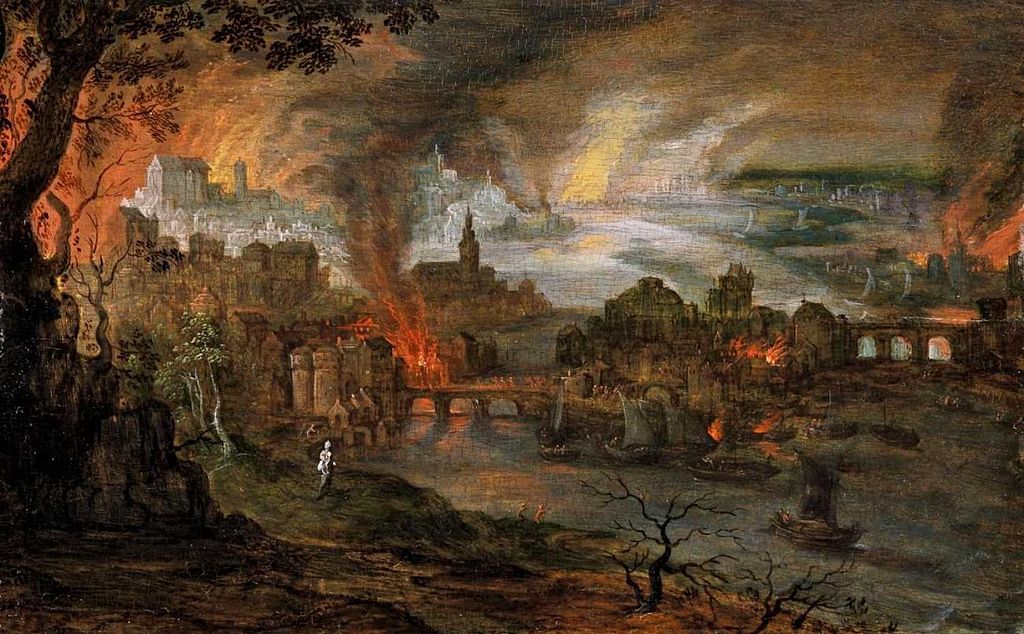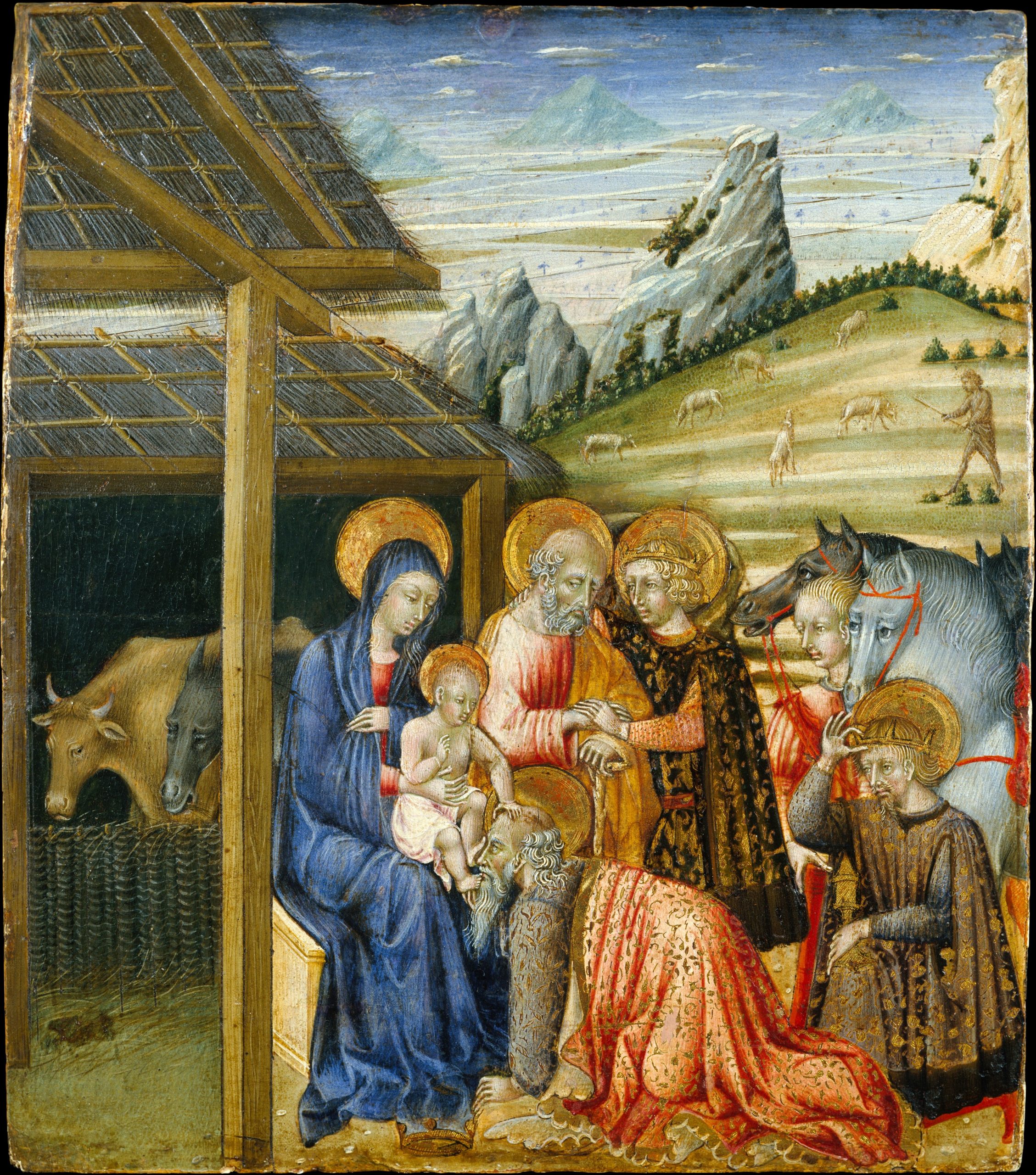
UNFKD Episode 16 – THE ASCENSION
o where is it? In truth, attempting to grapple with any literal interpretation of the Ascension story is, I think, missing the point.At the top[…]

Midwinter Stillness Workshop
Join me on the eve of the Winter Solstice for an invitation to gentle solstice ritual, poetry, meditation and nourishing somatic enquiry to ease us[…]

Solstice thoughts (where everything is either horrendous or hilarious depending on your POV)
And since I am already over the edge, why don't we add having no running water into the joyful blend of Solstice cheer and Christmas[…]

Themes Biblical, Compassion and Zero Tolerance
I am lying, awake, irritated by the sound of the neighbour’s central heating exhaust and worrisome thoughts about the ‘biosecurity’ of our ducks’ pen. (As[…]

The Magi and the ‘bad’ year
Today is Epiphany, The date when Christians in the Western Church celebrate the arrival of the Magi, and with them the manifestation and revelation of[…]